South Korea offers an incredible blend of ancient traditions and cutting-edge modernity that makes it particularly welcoming for solo travelers. The country’s excellent public transportation, widespread English signage, and generally safe environment create ideal conditions for independent exploration. From bustling metropolises where you can lose yourself in night markets to tranquil coastal towns perfect for quiet reflection, South Korea caters to every type of solo adventurer.
The beauty of traveling alone in South Korea lies in the freedom to follow your curiosity wherever it leads — whether that’s spending an entire afternoon in a traditional tea house or spontaneously joining a temple stay program. Here is a list of 17 South Korean cities that offer unique experiences perfectly suited for the independent traveler seeking authentic cultural immersion and personal discovery.
Seoul
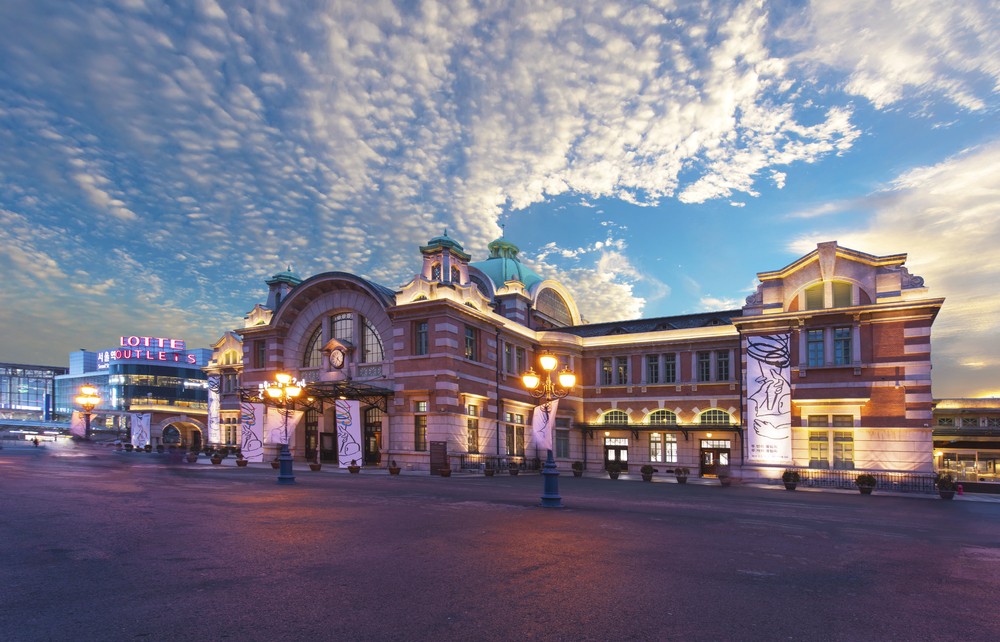
— Photo by kamponwarit@gmail.com
The capital city pulses with an energy that’s both exhilarating and oddly comforting for solo travelers. You can wander through the labyrinthine streets of Hongdae until 3 AM, sample street food in Myeongdong, or find zen-like peace in the gardens of Changdeokgung Palace. The subway system connects every corner of the city with clockwork precision, making it impossible to truly get lost.
Busan
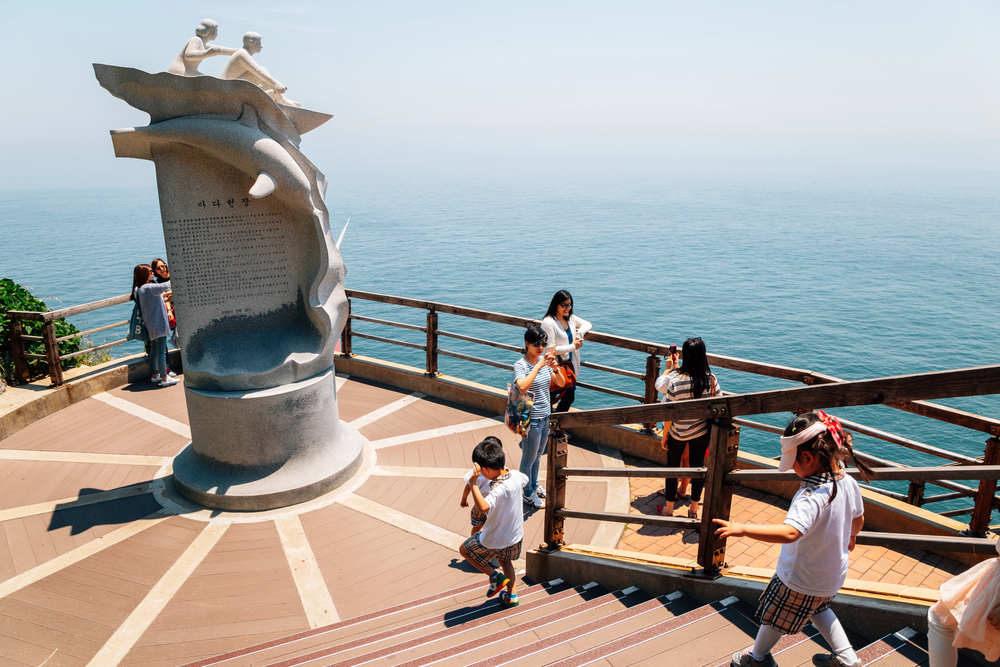
— Photo by SangaPark
This coastal metropolis wraps around mountains and beaches in a way that feels almost Mediterranean. Gamcheon Culture Village cascades down hillsides in a rainbow of pastel houses, while Haeundae Beach stretches wide enough for long, contemplative walks. The city’s relaxed vibe contrasts beautifully with Seoul’s intensity — perfect for solo travelers who want urban amenities without the overwhelming pace.
Jeju City
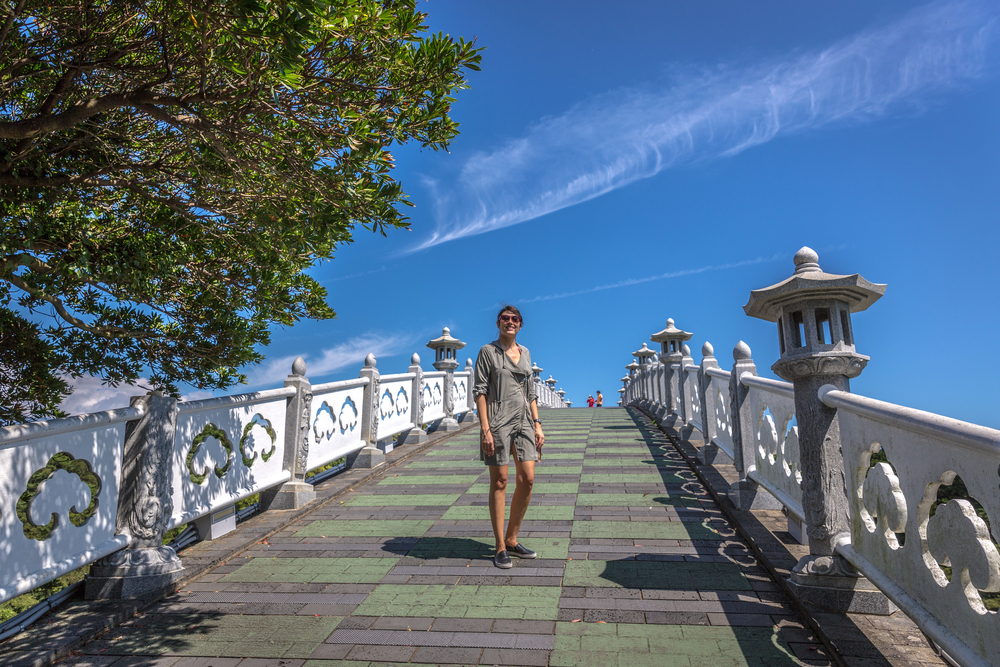
— Photo by lspencer
Located on Jeju Island, this city serves as your gateway to one of the world’s most unique volcanic landscapes. Solo travelers gravitate here because the island feels like stepping into a completely different Korea — one where women divers called haenyeo still practice ancient traditions and where you can hike Hallasan mountain in solitude. The city itself offers cozy guesthouses and cafés where striking up conversations with fellow travelers happens naturally.
Gyeongju
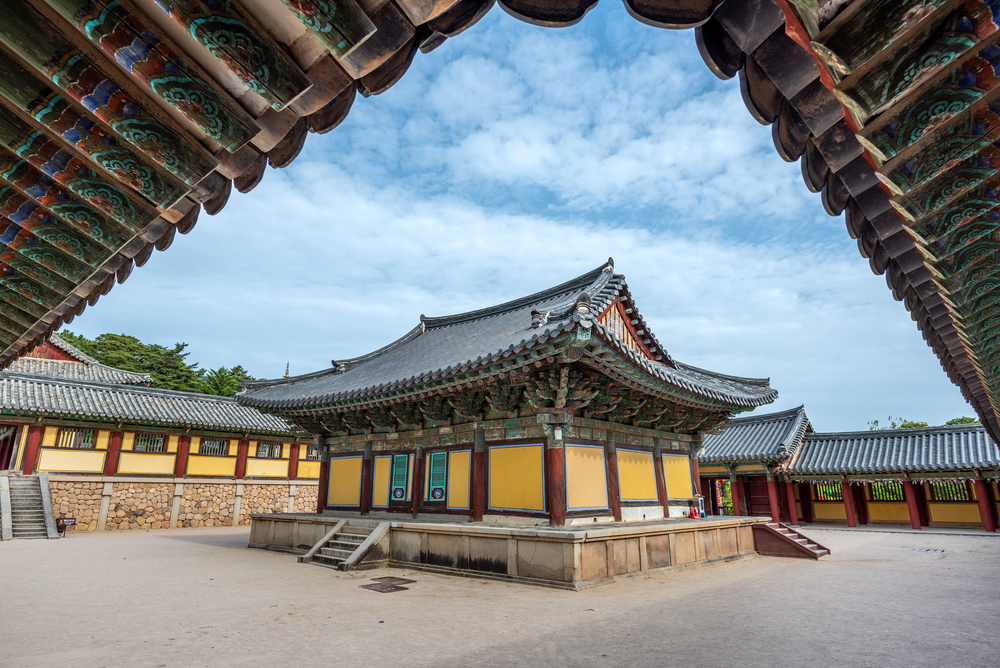
Once the capital of the ancient Silla Kingdom, Gyeongju feels like an open-air museum where history whispers from every stone. Bulguksa Temple and the nearby Seokguram Grotto offer profound moments of reflection, while the tumuli parks let you walk among royal burial mounds under ancient trees. The compact city center makes everything walkable — ideal for solo explorers who prefer moving at their own contemplative pace.
Jeonju
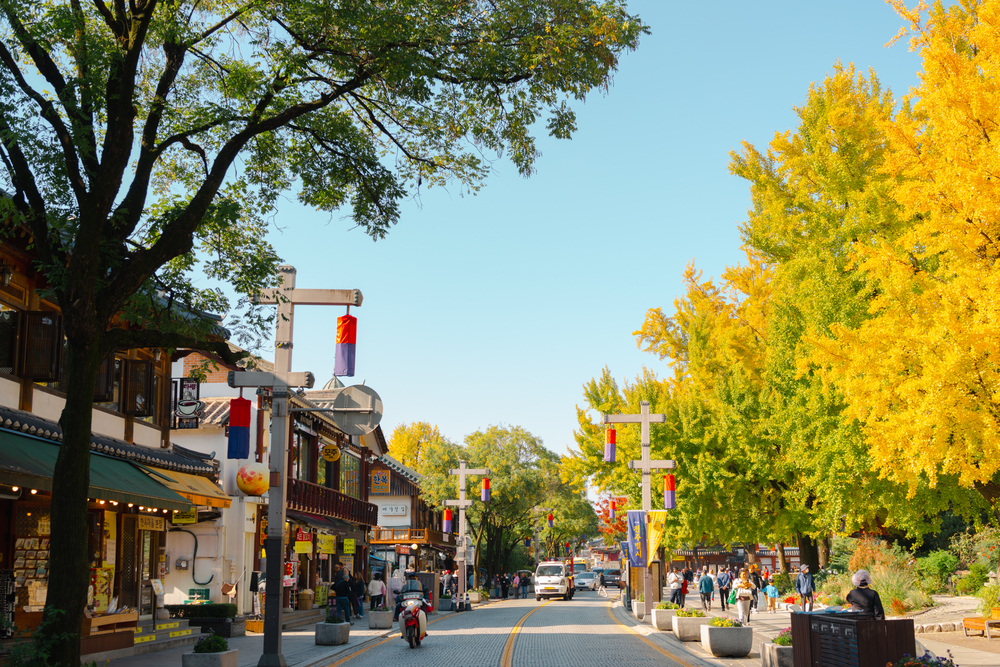
Food lovers traveling alone will find their paradise in this UNESCO City of Gastronomy. The hanok village preserves traditional architecture while housing modern galleries and workshops where you can learn everything from paper-making to traditional music. Bibimbap originated here, and the city takes its culinary heritage seriously — solo diners are welcomed warmly at family-run restaurants that have perfected recipes over generations.
Andong
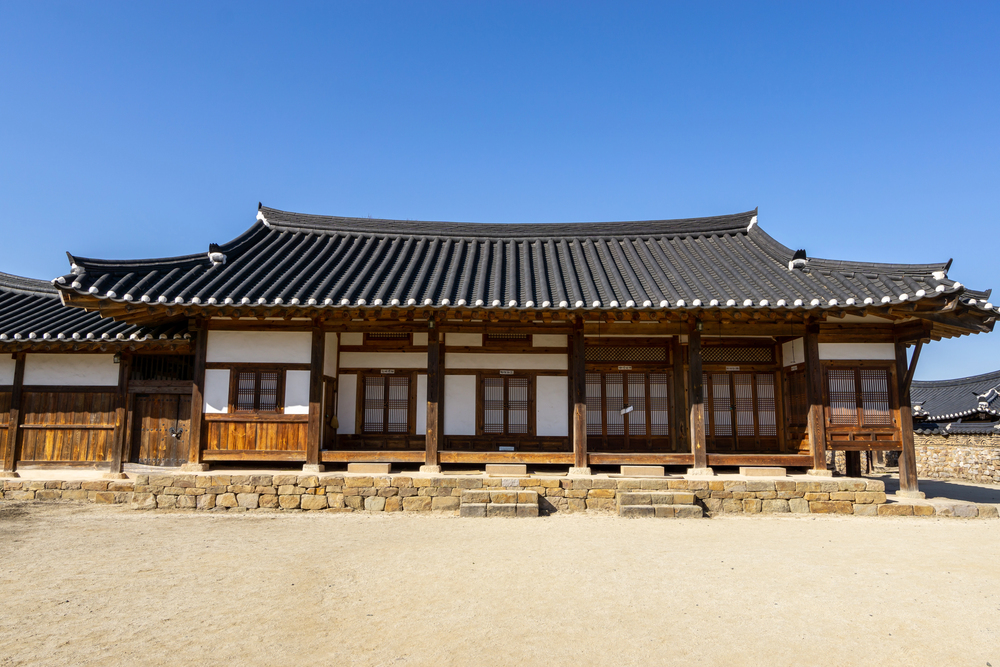
— Photo by aaron90311
This city preserves Korean traditions with an authenticity that’s increasingly rare in our modern world. Hahoe Folk Village showcases traditional architecture and customs, while the Andong Mask Dance Festival brings ancient performances to life. Solo travelers often describe Andong as feeling like time travel — a place where you can disconnect from digital distractions and reconnect with simpler rhythms.
Sokcho
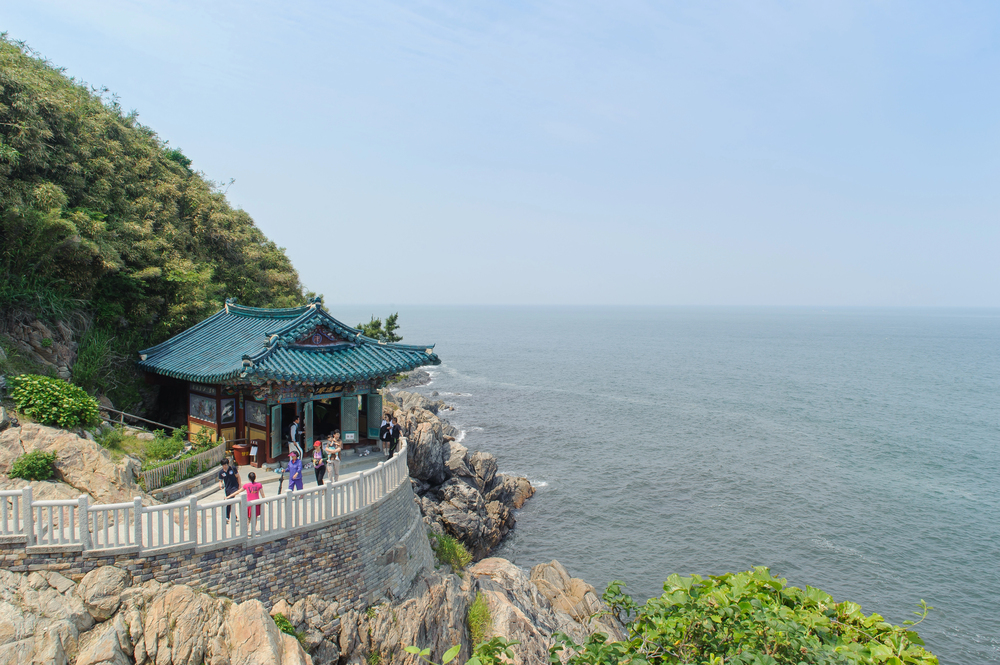
— Photo by jipen
Nestled between Seoraksan National Park and the East Sea, Sokcho offers outdoor adventures alongside fresh seafood markets. The city serves as base camp for hiking expeditions into some of Korea’s most dramatic mountain scenery, yet it maintains a laid-back coastal atmosphere. Solo travelers appreciate how easy it is to join group hikes or simply enjoy the solitude of mountain trails that stretch for miles.
Gangneung
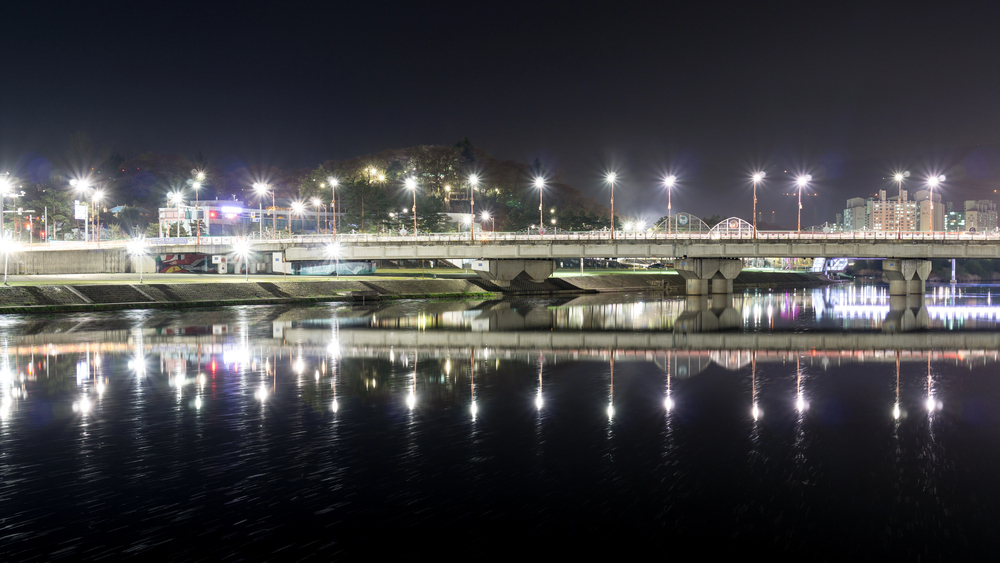
This eastern coastal city combines beach culture with coffee culture in unexpectedly delightful ways. The coastline stretches for miles with sandy beaches perfect for long walks, while the city’s coffee shops have gained national recognition for their quality and atmosphere. Olympics venues from 2018 add modern architectural interest to a city that’s managed to stay authentically Korean despite international attention.
Daegu
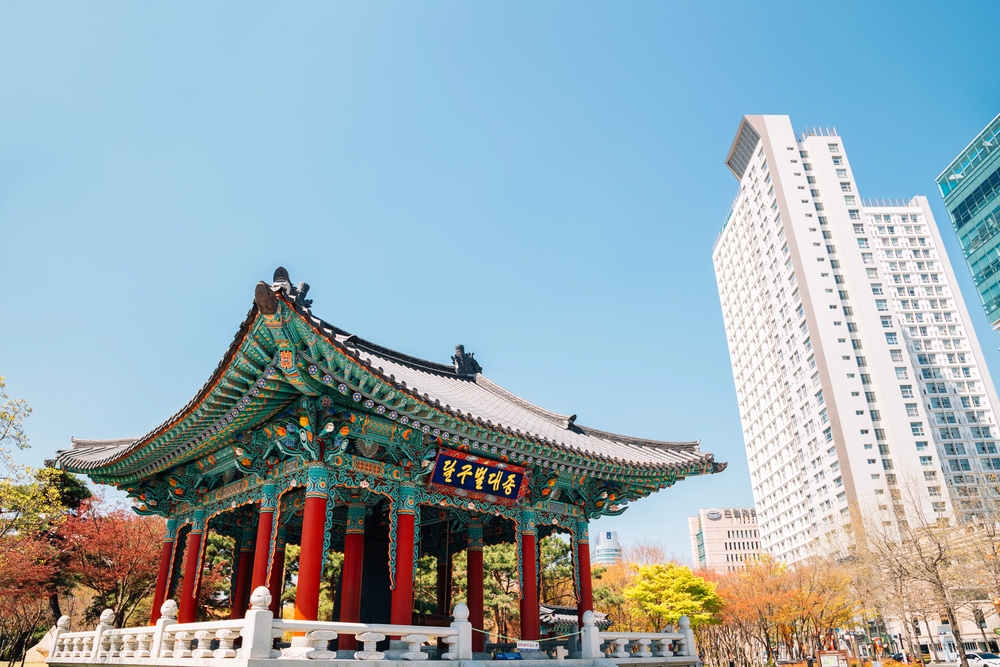
— Photo by SangaPark
Often overlooked by international tourists, Daegu rewards solo travelers with authentic local experiences and fewer crowds. The city’s textile heritage lives on in bustling markets where you can watch artisans at work, while nearby temples offer peaceful retreats from urban energy. Summer temperatures can be intense, but this creates a unique, slow-paced atmosphere that encourages deeper exploration rather than rushed sightseeing.
Incheon
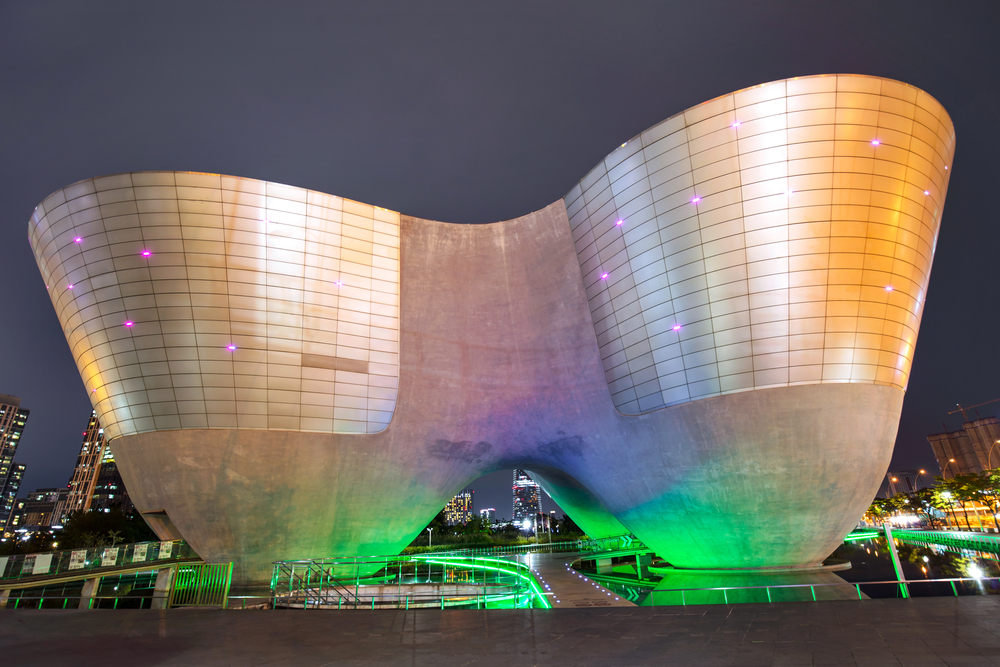
— Photo by kamponwarit@gmail.com
More than just Seoul’s airport city, Incheon offers fascinating contrasts between old and new Korea. Chinatown preserves Chinese immigrant history through authentic restaurants and traditional architecture, while Songdo International City showcases Korea’s vision of the future with cutting-edge urban planning. Solo travelers enjoy the freedom to explore both sides of this cultural coin at their own pace.
Suwon
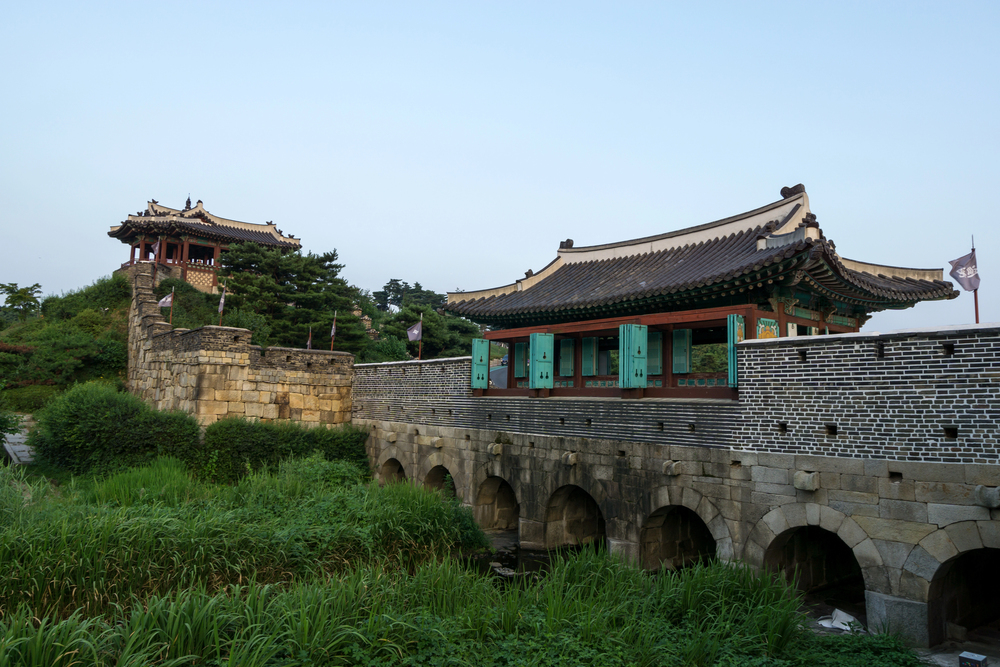
— Photo by aaron90311
The UNESCO World Heritage Hwaseong Fortress encircles this city’s historic center with walls that took nearly three years to complete in the 1790s. Walking the fortress perimeter provides both exercise and history lessons, while the city below bustles with markets and traditional restaurants. Korean folk village nearby offers immersive cultural experiences where solo travelers can participate in traditional crafts and ceremonies.
Pohang
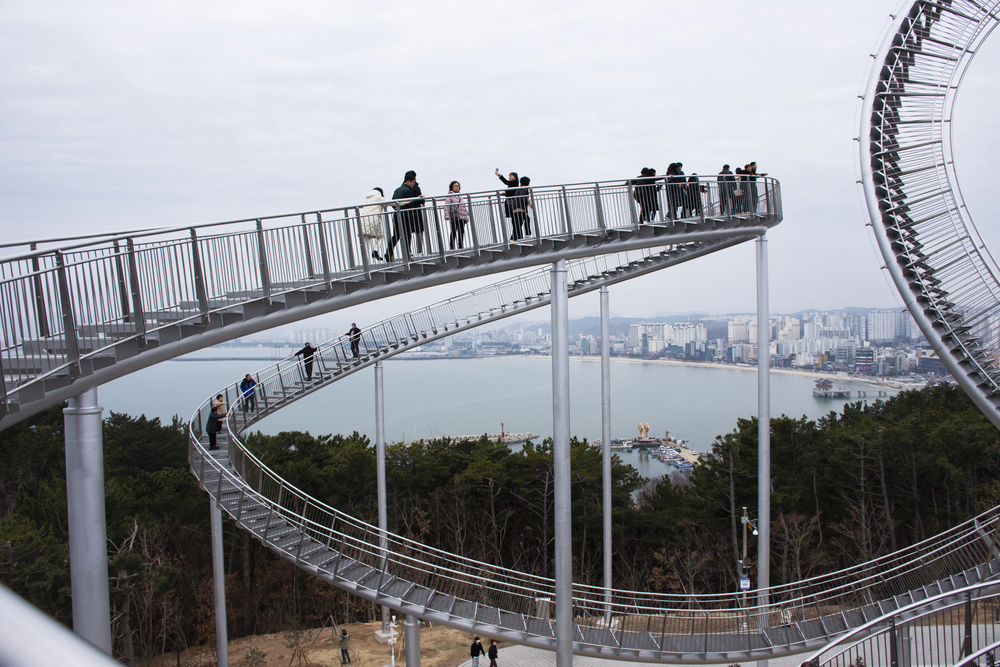
— Photo by anirut
Steel industry heritage meets coastal beauty in this northeastern city that most tourists never discover. The contrast between industrial architecture and pristine beaches creates unique photographic opportunities, while local seafood restaurants serve some of the freshest catches on the peninsula. Solo travelers often stumble upon festivals and events here that feel genuinely local rather than tourist-focused.
Mokpo
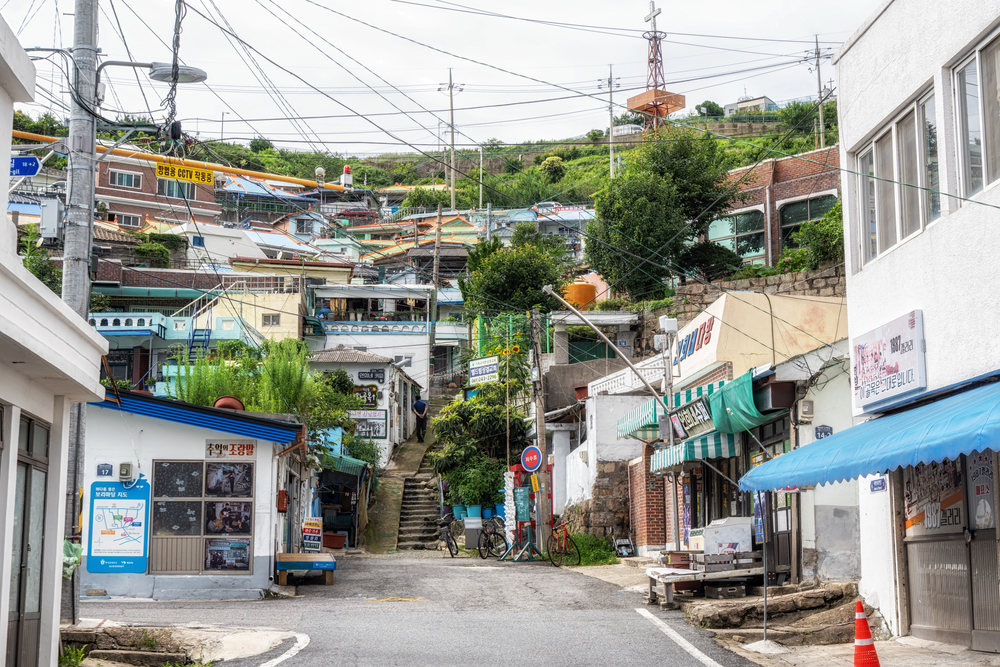
— Photo by aaron90311
This southwestern port city offers access to hundreds of small islands scattered across the Yellow Sea. Ferry connections make island-hopping adventures possible, while the city itself preserves Japanese colonial architecture alongside traditional Korean buildings. Solo travelers find Mokpo particularly rewarding because it requires more effort to reach — the payoff is experiencing a Korea that feels untouched by mass tourism.
Chuncheon
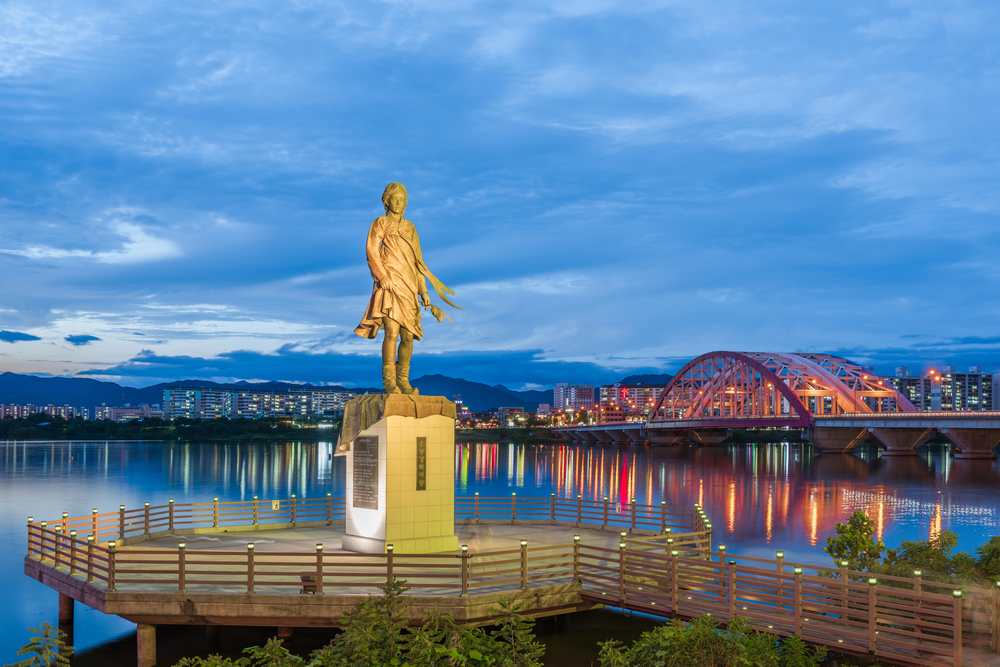
Famous throughout Korea for its dakgalbi (spicy stir-fried chicken), Chuncheon sits amid lakes and mountains that provide natural beauty year-round. The city gained additional fame as a filming location for popular Korean dramas, yet it maintains an authentic small-city charm. Solo travelers appreciate how walkable everything is and how locals seem genuinely pleased to share their city with visitors.
Jinju
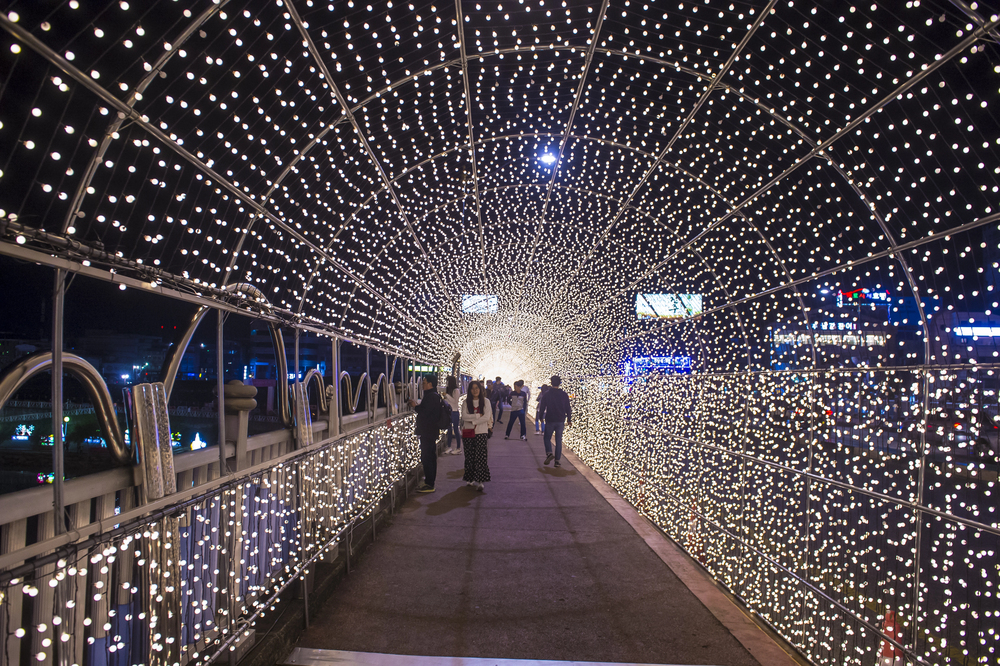
— Photo by kobbydagan
The Namgang River flows through this historic city, creating scenic riverside paths perfect for solo contemplation. Jinju Fortress and its tragic history during Japanese invasions add depth to casual exploration, while the annual Lantern Festival transforms the city into a magical wonderland of floating lights. Traditional crafts workshops throughout the city welcome solo participants interested in learning traditional Korean arts.
Wonju
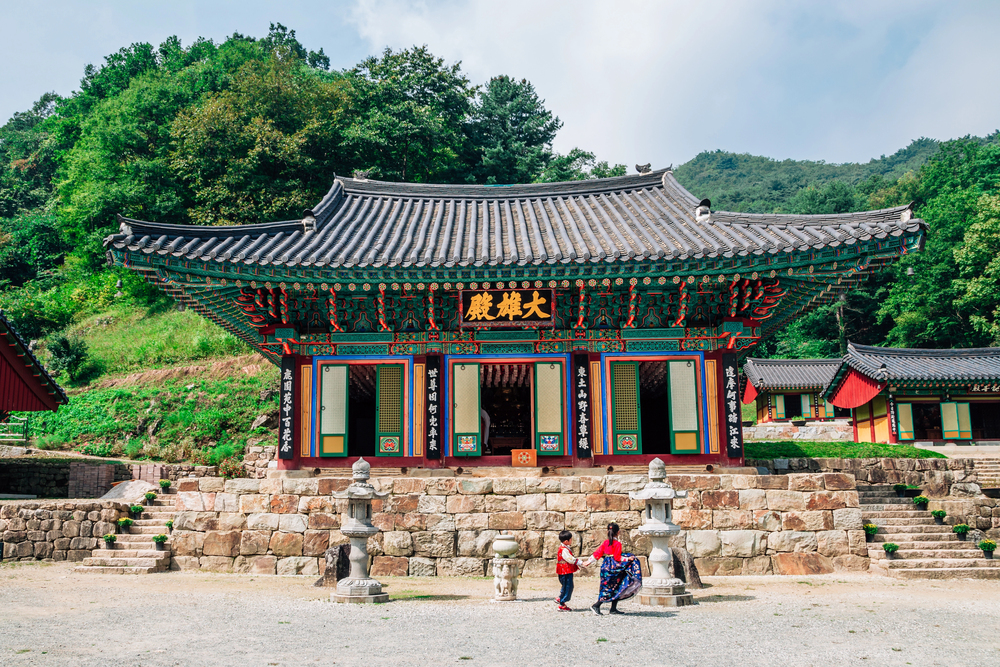
Surrounded by mountains and known for its clean air, Wonju offers outdoor activities alongside cultural attractions like traditional markets and Buddhist temples. The city serves as headquarters for several major Korean corporations, creating an interesting blend of business efficiency and natural beauty. Solo travelers often use Wonju as a base for exploring nearby national parks while enjoying urban amenities.
Ulsan
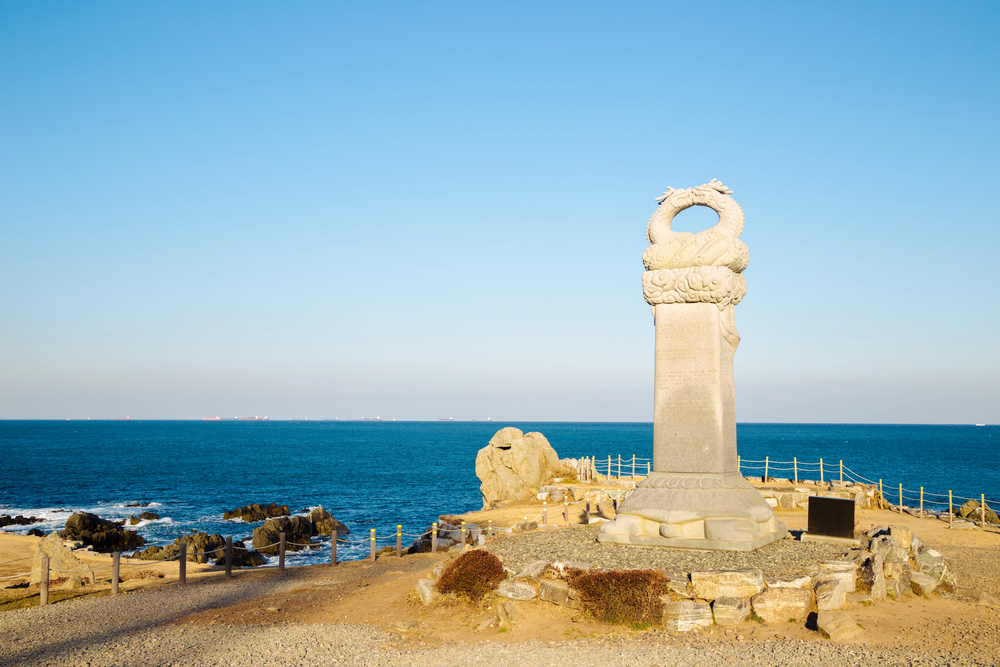
— Photo by SangaPark
Industrial might meet coastal charm in Korea’s whale-watching capital, where modern shipyards coexist with pristine beaches and ancient petroglyphs. The contrast feels surreal — you can observe centuries-old rock carvings in the morning and tour cutting-edge automotive facilities in the afternoon. Solo travelers find Ulsan fascinating precisely because it defies easy categorization as either an industrial city or a coastal retreat.
Beyond the beaten path
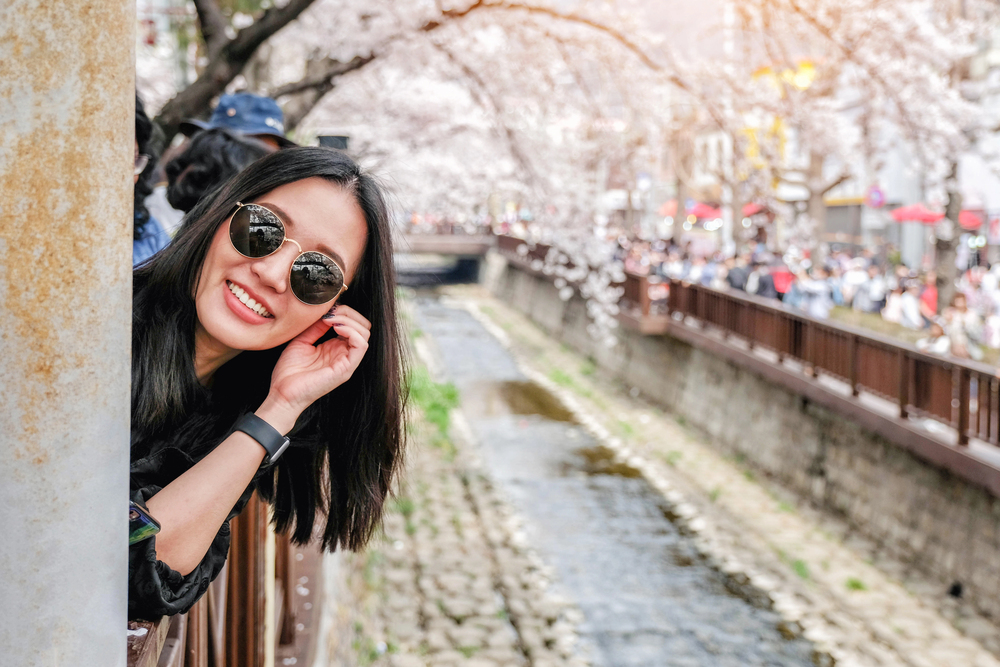
These 17 cities represent just the beginning of what solo travelers can discover in South Korea. Each offers distinct personalities shaped by geography, history, and local culture, yet all share that particular Korean hospitality that makes independent travel both safe and rewarding. Whether you’re drawn to mountain temples, coastal walks, or urban adventures, South Korea’s cities provide frameworks for personal discovery that you simply can’t replicate in group travel. The country continues evolving rapidly, but these destinations preserve enough authentic character to offer genuine cultural exchange — the kind that happens naturally when you’re traveling alone and open to unexpected encounters.
More from Travel Pug

- 20 Best Beach Towns in the Carolinas
- 13 Destinations Where Tourists Regularly Regret Their Trip
- 20 Things You Actually Get in First Class
- 20 Small Airports With Aviation Museums
- 20 Places in the U.S. That Are Perfect for a Reset Trip
Like Travel Pug’s content? Follow us on MSN.
